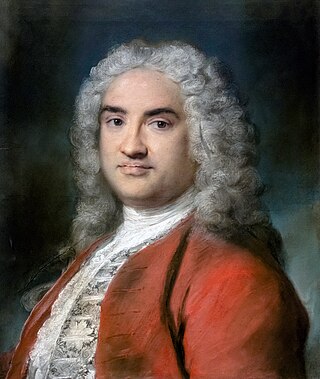
Count Pietro Verri was an Italian economist, historian, philosopher and writer. Among the most important personalities of the 18th-century Italian culture, he is considered among the fathers of the Lombard reformist Enlightenment and the most important pre-Smithian authority on cheapness and plenty.

Federico Caffè was a notable Italian economist from the Keynesian School.

Nico Perrone is an Italian essayist, historian and journalist. He firstly discovered papers on the plot for killing Enrico Mattei, the Italian state tycoon for oil in the 1950s.
Giorgio Bàrberi Squarotti was an Italian academic, literary critic and poet. He taught at the University of Turin from 1967 until his death in 2017. He was considered to be one of the most important literary critics of his time.
Franco Fornari was an Italian psychiatrist, who was influenced by Melanie Klein and Wilfred Bion. He was a professor at the University of Milan and the University of Trento. From 1973 to 1978 he served as president of the Società Psicoanalitica Italiana.
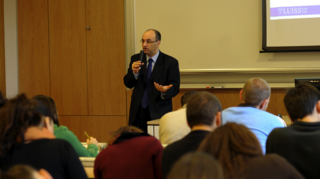
Michele Sorice is an Italian sociologist and political scientist known for his work in the fields of political communication, political science and critical media studies. He is the author of over 25 books and 50 articles.
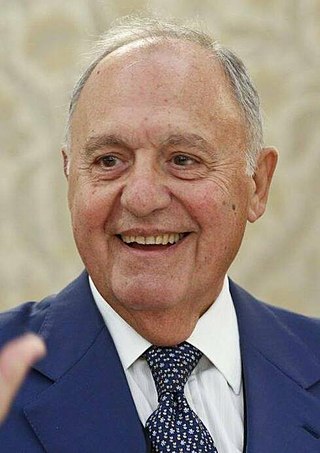
Paolo Savona is an Italian economist, professor, and politician. He was the Italian Minister of European Affairs from 1 June 2018 until 8 March 2019, his second stint in government after 1993–1994. During the 2010s, Savona became one of the most fervent Eurosceptic economists in Italy.

Elsa Fornero is an Italian economist, university lecturer, and politician who served as Minister of Labour and Social Policies in the Monti Cabinet from November 2011 to April 2013.
Monetary circuit theory is a heterodox theory of monetary economics, particularly money creation, often associated with the post-Keynesian school. It holds that money is created endogenously by the banking sector, rather than exogenously by central bank lending; it is a theory of endogenous money. It is also called circuitism and the circulation approach.
Attilio Celant, 2nd Class / Grand Officer of the Order of Merit of the Italian Republic, is an Italian economist, geographer and academic.
Luigi Firpo was an Italian historian and politician, who was born and died in Turin.

Pietro Ichino is an Italian politician and professor of labor law at the University of Milan. From 1979 to 1983, he was an independent left-wing MP belonging to the ranks of the Italian Communist Party. In 2008, he was elected senator for the Democratic Party in the district of Lombardy.
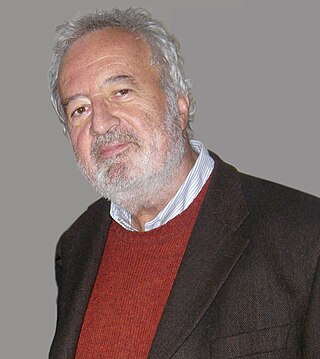
Fernando Vianello was an Italian economist and academic. Together with Michele Salvati, Sebastiano Brusco, Andrea Ginzburg and Salvatore Biasco, he founded the Faculty of Economics of the University of Modena and Reggio Emilia.

Nicola Acocella is an Italian economist and academic, Emeritus Professor of Economic Policy since 2014.
The Giornale degli economisti e Annali di economia, established in Padua in 1875, is an Italian academic journal of economics. It publishes research articles in English and Italian. The owner of the publication is Università Commerciale Luigi Bocconi and it is published by Egea, the University's publishing house.
Filippo Carli was an Italian sociologist and fascist economist. After graduating in law in 1916, he was appointed as secretary of the Chamber of Commerce of Brescia. He retained this post until 1928 meanwhile studying sociology and economic history. He went on to teach at the universities of Cagliari and Pisa.
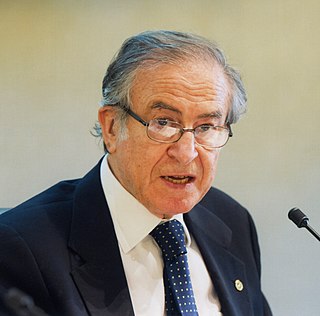
Alberto Quadrio Curzio is an Italian economist. He is Professor Emeritus of Political Economy at Università Cattolica del Sacro Cuore, Milan, President Emeritus of the Accademia Nazionale dei Lincei and President of the International Balzan Foundation "Prize".
Paolo Valore is an Italian philosopher and academic who deals with metaphysics, general ontology and the ontological implications of formal theories. He is also interested in projects of artificial languages and auxiliary languages.

Matteo Pizzigallo was an Italian essayist and historian. He attended La Sapienza University in Rome and graduated in 1972.

Enrico Serra was an Italian historian.










